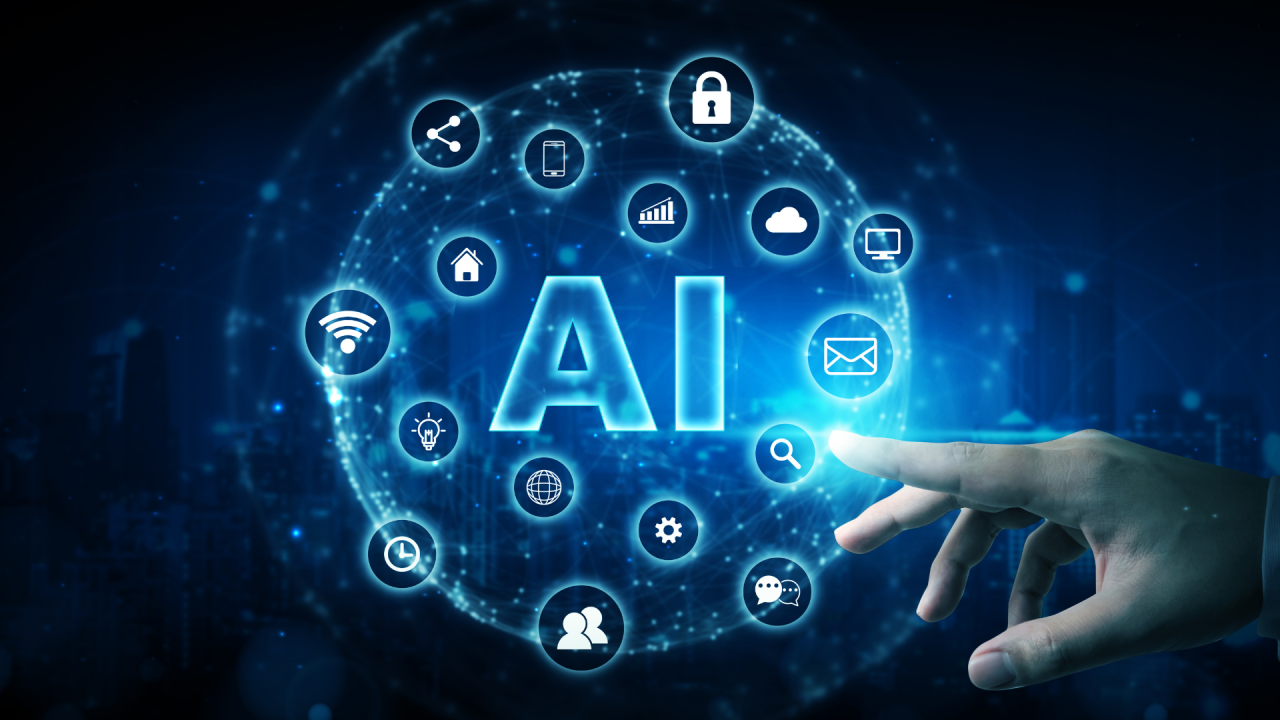Artificial intelligence (AI) is transforming the way we approach website security. As cyber threats become more sophisticated, businesses need advanced technologies that can keep up. AI is emerging as a crucial tool in this battle, offering enhanced protection, automated defenses, and proactive threat management. But how exactly does AI impact your website’s security, and what should businesses be aware of when integrating AI into their security infrastructure?
1. Advanced Threat Detection
2. Predictive Security Measures
Unlike traditional security solutions that often react to breaches after they happen, AI can anticipate threats by analyzing historical data and recognizing emerging patterns. This predictive capability allows businesses to prepare for attacks before they occur, implementing preventive measures to safeguard their systems. For instance, AI can identify areas of vulnerability in your website’s architecture and recommend improvements to minimize risk.
3. Automated Response to Threats
One of the key advantages of AI in cybersecurity is its ability to respond to threats in real-time, without the need for human intervention. When AI detects a suspicious activity, it can immediately take action by isolating compromised areas, blocking malicious IP addresses, and notifying the security team. This reduces the time it takes to neutralize threats, minimizing potential damage to your website.
4. AI-Driven Malware Detection
Malware is a constant threat to websites, and AI has proven highly effective in identifying and removing it. Traditional methods of malware detection rely on signature-based systems that can only detect known malware. In contrast, AI can identify new, previously unknown malware by analyzing its behavior. This means AI can stop attacks that other systems might miss, keeping your website and its users safe.
5. AI in Encryption and Data Security
AI also plays a vital role in data encryption, ensuring that sensitive information is protected both at rest and in transit. By continuously monitoring the encryption process, AI can identify any irregularities and ensure that data remains secure from interception or unauthorized access. Additionally, AI can help manage encryption keys, ensuring that they are stored and used securely.
Challenges and Risks of AI in Security
While AI offers significant benefits for website security, it is not without its challenges. One of the risks is that cybercriminals are also using AI to enhance their attacks. Hackers are developing AI-driven malware and phishing schemes that can adapt to defenses and exploit weaknesses in security systems. To stay ahead, businesses must continuously update their AI systems and incorporate AI-driven security tools as part of a broader cybersecurity strategy.
AI is revolutionizing the way businesses protect their websites, providing advanced threat detection, real-time response capabilities, and predictive security measures. However, businesses need to remain vigilant and ensure that their AI security systems are up-to-date to counter the evolving tactics of cybercriminals. By integrating AI into your website’s security infrastructure, you can stay ahead of potential threats and ensure the safety of your digital assets.


